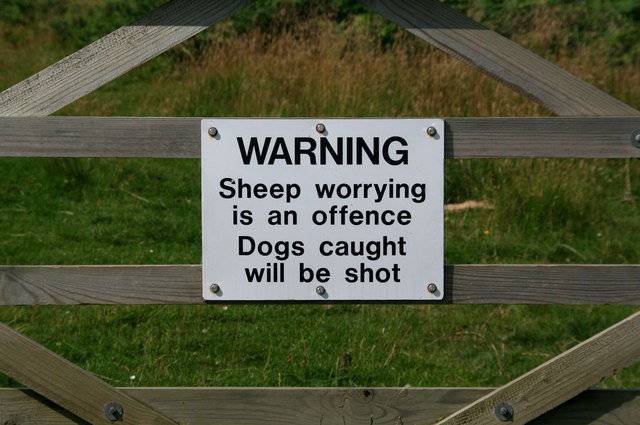
Fertility work makes up a large proportion of cattle veterinary work in the UK and, after spending a month on the farm rotation at university, I can appreciate the importance of getting it right – and how hard it can be.
Experienced large animal vets make it look easy – they scan the uterus and ovaries, and decide what drug to give to aid getting the cow in calf, all in a minute or two.
In the meantime, I’m still fumbling about trying to palpate what, I think, may be the uterus or ovaries while the cow squeezes and gradually cuts off the circulation in my arm until I can barely feel my fingers.
Meanwhile, the vet has zipped through several cows already.
When things go wrong

On one fertility visit this week, we discussed when things go wrong. For example, what if:
- you misdiagnose a pregnant cow as negative and administer prostaglandin (PGF2α)?
- a vet gives a cow steroids for any number of reasons without realising she’s in calf?
The outcomes of both of these scenarios are almost inevitably abortion, which can have a number of repercussions on the farm – and, potentially, the vet.
Negligence or misconduct?
Many new graduates are terrified of being called up for “fitness to practice” for making a mistake such as those aforementioned. However, during a Veterinary Defence Society (VDS) workshop at the SPVS Lancaster weekend earlier this year, it was emphasised a difference exists between negligence and misconduct in the eyes of the RCVS.
What I took away from this session was, in simple terms, negligence involves making a mistake – such as missing a diagnosis, giving the wrong treatment accidentally, eliciting side effects from something due to missing something in the case history – whereas misconduct is actively doing something you know you shouldn’t – such as trying to cover up a mistake, lying or misleading a client.
Mistakenly giving PGF2α to a pregnant cow would be classed as negligence and, on the whole, the VDS would have your back; the farmer may receive some compensation for his losses, but the incident wouldn’t tarnish your career. In the same situation, misconduct would be denying you had administered any treatment.
In short, you won’t get struck off for easily made, one-off mistakes, but you may if you lie about them.
In the news
Our conversation about accidentally aborting cows led us to discuss the case of Honey Rose, the optometrist convicted of gross negligence manslaughter. News reports vary, but, from what I can gather, she failed to diagnose papilloedema (swollen optic discs) in an eight-year-old boy, which would have been an indication of the hydrocephalus he died of five months later.
It is reported she claimed to have been unable to examine his eyes properly because he had photophobia – a claim considered false by the judge. However, she had also failed to look at retinal photos taken by a colleague, on which the papilloedema was evident.
Going by the RCVS’ rules, missing the diagnosis or not looking at the retinal photos would be negligent. However, denying she’d been able to carry out a thorough examination, despite written records suggesting otherwise, would be misconduct.
Rose was found guilty of gross negligence manslaughter and was handed a two-year prison sentence, suspended for two years, and a 24-month supervision order, and was ordered to complete 200 hours of unpaid work.
In your defence
 As vets, we have the VDS to help us in these situations – and, while it would be truly awful to make a mistake resulting in an animal’s death, we would not be at risk of imprisonment.
As vets, we have the VDS to help us in these situations – and, while it would be truly awful to make a mistake resulting in an animal’s death, we would not be at risk of imprisonment.
Doctors and dentists also have defence societies that will fight their corner, but optometrists? To my knowledge, an equivalent does not exist – and this was the first case of an optometrist convicted of manslaughter in the UK, which added to the complexity of the legal battle.
The death of a little boy is devastating, but, as medical professionals know, death is a risk with many procedures, no matter how small the risk may be. It’s frightening to think jail could be a consequence for those in the medical profession.
So, while I gradually lost the sensation in my right arm as I tried to reach an ovary of the 10th cow in a row, I mulled this over and realised I was extremely thankful for the safety net the VDS provides and would not take working with animals for granted.
After all, if I’d decided to be a doctor instead, I could be rummaging around in another human’s back end rather than a cow’s!
- For further details of the Veterinary Defence Society and its services, visit www.thevds.co.uk



